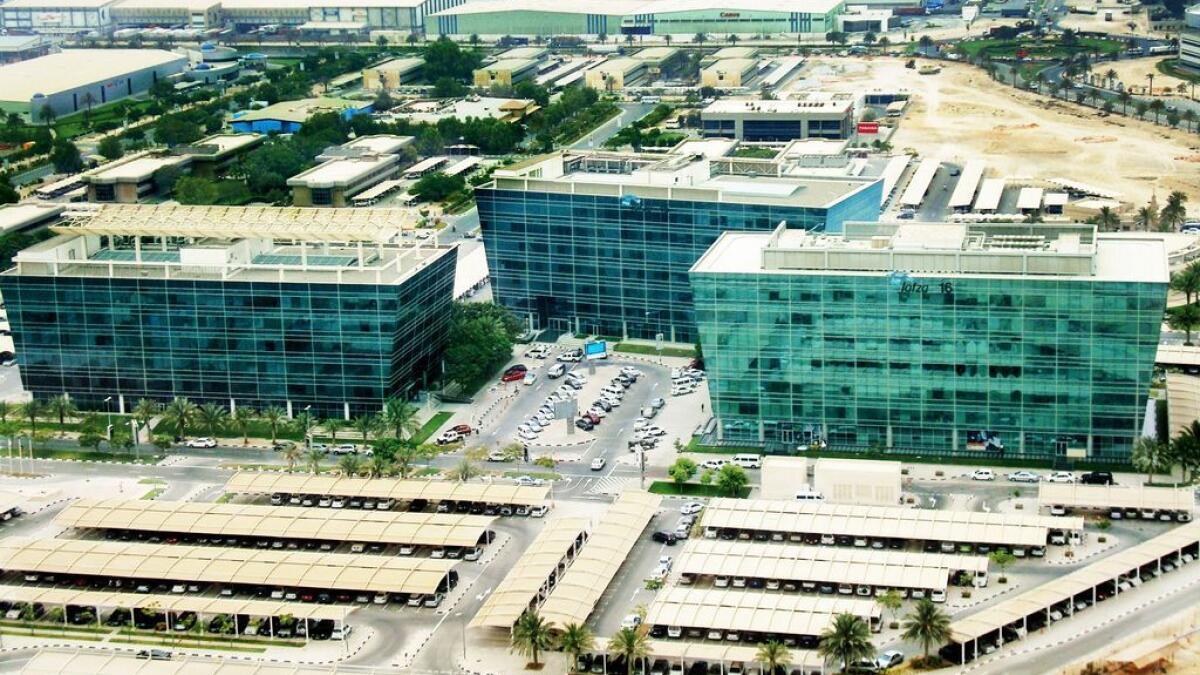
New Corporate Tax Decisions Seek To Provide Clarity On Tax Benefits For Free Zone Firms
The UAE Ministry of Finance announced on Friday the issuance of Cabinet Decision No. 100 of 2023 on“determining qualifying income,” as well as Ministerial Decision No.265 of 2023 on“qualifying activities and excluded activities.”
The purpose of these decisions, according to tax experts, is to provide clarity and transparency for free zone companies, allowing them to understand whether they qualify for tax exemptions or not.“This clarity helps companies plan their finances more effectively and potentially reduce their tax liabilities.”
Younis Haji Al Khoori, Undersecretary of the Ministry of Finance, said the new decisions reflect the continued significant role of free zones in the UAE's economic diversification strategies and commitment to aligning with international taxation standards.
“Free zones are central to the UAE's economic growth, attracting foreign direct investment as well as fostering a favorable business environment. The certainty of a competitive corporate tax regime and offering a special regime for free zones cements the UAE's position as a leading global hub for business and investment and drives its sustainable development agenda,” said Al Khoori.
Under the revised decision, the scope of“Qualifying Income” is extended to include the amount of qualifying income derived from the ownership or exploitation of“qualifying intellectual property” calculated based on the methodology of the OECD's modified nexus approach, which is prescribed in Ministerial Decision No.265 of 2023, a statement from the Ministry of Finance said.
“Additionally, the Ministerial Decision clarifies the intended scope of Qualifying Activities and Excluded Activities thereby providing clarity and certainty to free zone businesses,” it said.
The corporate tax regime, which came into effect on June 1, 2023, marks a game-changing reform for the UAE in aligning with global trends towards a minimum corporate tax regime, while positioning the emirate as a more attractive location for businesses to expand into or establish headquarters. The law is only subject to businesses with a turnover or gross income that exceeds Dh1 million per year. The tax rate for UAE businesses is nine per cent - and is calculated on the taxable profits, not the gross revenue of the business. Profits up to the sum of Dh375,000 will not be taxed, in a bid to support small enterprises.
Qualifying activities are those that are eligible for tax benefits, such as exemptions or reduced tax rates. These activities are typically related to sectors that the UAE government aims to promote and develop, such as manufacturing, technology, research and development, and certain service industries.
Excluded activities, on the other hand, are those that do not qualify for tax benefits. These activities may include sectors like banking, insurance, investment, and leasing activities. It is important to note that these decisions provide a specific list of excluded activities, so companies can refer to this list to determine if their activities fall under the excluded category.

Legal Disclaimer:
MENAFN provides the
information “as is” without warranty of any kind. We do not accept
any responsibility or liability for the accuracy, content, images,
videos, licenses, completeness, legality, or reliability of the information
contained in this article. If you have any complaints or copyright
issues related to this article, kindly contact the provider above.













Comments
No comment